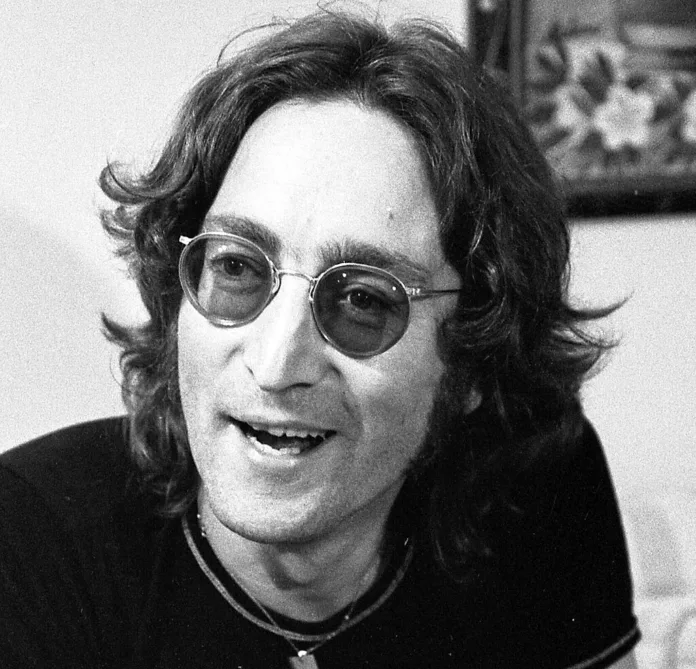A rare letter reveals Lennon’s vision to “bring back the balls in rock’n’roll” with Eric Clapton, Phil Spector, and other music legends.
A handwritten letter from John Lennon, inviting Eric Clapton to join a rock supergroup, is set to go under the hammer, shedding new light on Lennon’s ambitious musical vision post-Beatles. Dated 29 September 1971, just weeks after the release of his iconic solo album Imagine, the eight-page letter unveils Lennon’s desire to create a band that would revolutionise live rock performances and reignite the raw energy of the genre.
Lennon’s proposal was bold. He envisioned a “nucleus group” that would feature some of the most talented musicians of the era. Alongside Clapton, known for his blues-driven guitar with Cream, Lennon proposed Klaus Voormann on bass, Jim Keltner on drums, Nicky Hopkins on keyboards, and the legendary Phil Spector as producer. Voormann, who had a long history with the Beatles and designed the cover of Revolver, was integral to Lennon’s plans. Keltner and Hopkins, both highly respected session musicians, had played with rock royalty, including the Rolling Stones and the Beatles themselves.
Embed from Getty Images“You must know by now that Yoko and I rate your music and yourself very highly,” Lennon wrote to Clapton, underscoring his admiration. The letter also referenced George Harrison’s Concert for Bangladesh, which Clapton missed, and hinted at the inspiration Lennon drew from that event. “After missing the Bangladesh concert, we began to feel more and more like going on the road, but not the way I used to with the Beatles,” he explained.
Lennon’s ambition wasn’t just about assembling a band—it was about reinventing the experience of touring. Reflecting on the gruelling schedules he endured with the Beatles, he made it clear he wanted to avoid the same “torture.” Instead, he envisioned something more organic, free from the rigid constraints of the music industry. “I consider Klaus, Jim, Nicky, Phil, Yoko, and you could make the kind of sound that could bring back the balls in rock’n’roll,” he wrote, emphasising his desire to recapture the rebellious spirit of the genre.
The letter highlights Lennon’s yearning for artistic freedom and a shift away from the polished, commercial nature of traditional rock tours. His vision included live performances that were spontaneous and collaborative, breaking away from the monotonous grind that had defined his years with the Beatles.
Clapton, who had already experienced success with Cream—alongside Jack Bruce and Ginger Baker—was no stranger to supergroups. Lennon’s offer came at a time when Clapton was at a crossroads in his career, and it is unclear whether the idea ever seriously tempted him. However, the letter’s existence reveals Lennon’s determination to move beyond the shadow of his Beatles legacy and explore new creative frontiers.
Phil Spector’s involvement, though tainted in later years by his criminal conviction, was significant at the time. Spector had worked with Lennon on Imagine and was known for his “Wall of Sound” production style, a technique that would have brought a unique sonic depth to the proposed group.
This rare document also serves as a glimpse into Lennon’s relationship with Yoko Ono, who was integral to his post-Beatles musical journey. Her inclusion in the proposed lineup demonstrates Lennon’s unwavering commitment to their creative partnership, which often defied mainstream expectations.
The auction of this letter provides fans and collectors with an extraordinary piece of rock history—a moment when Lennon, just as his solo career was soaring, sought to build something entirely new. His vision for a supergroup, unburdened by the pressures that plagued his Beatles years, was a testament to his restless spirit and constant drive for reinvention.
As the letter prepares to be sold to the highest bidder, it serves as a poignant reminder of Lennon’s desire to push boundaries and challenge the status quo. His call to Clapton was more than just an invitation to play music—it was a rallying cry to breathe new life into rock and ro
